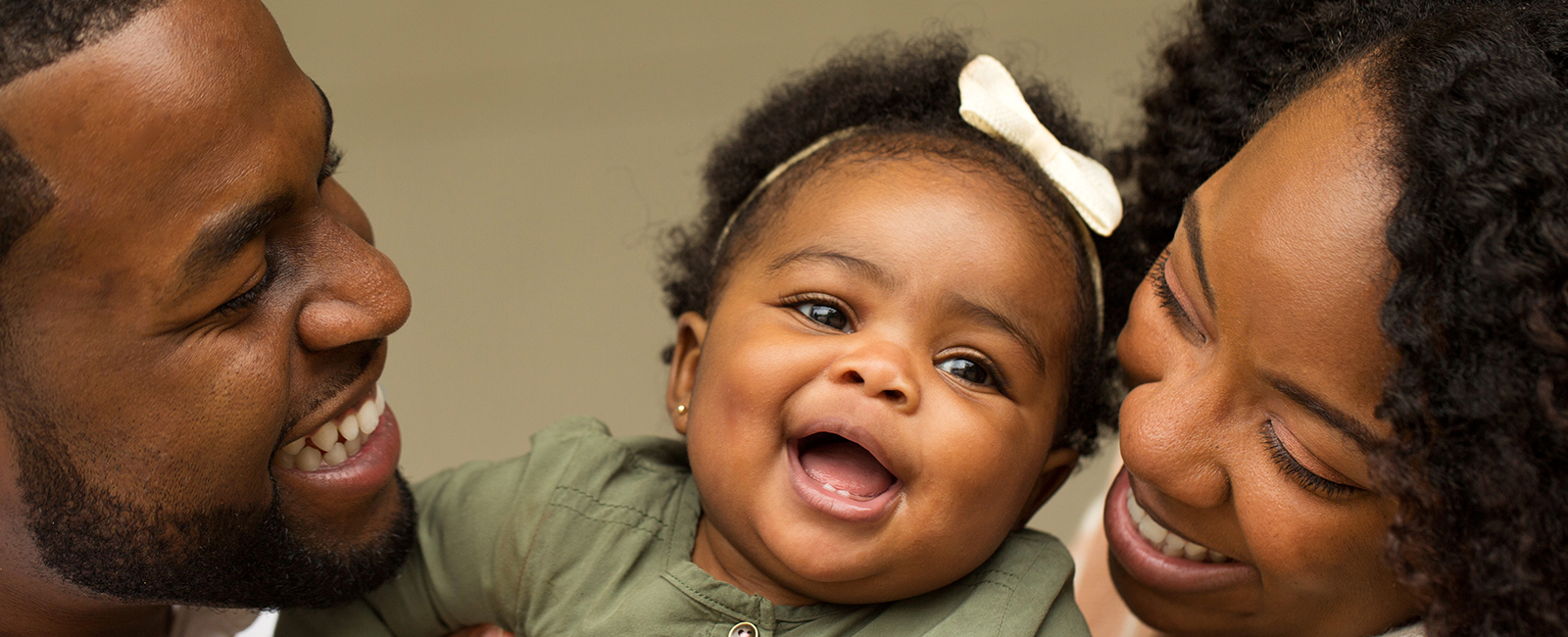Twenty years after the September 11 attacks, lessons from that experience continue to inform the most effective ways to provide mental health support to individuals, families, and communities in crisis. At the same time, new lessons have emerged as a result of the COVID-19 pandemic and ongoing demand for racial justice. Together, these insights provide a roadmap for how to respond to and provide funding for addressing collective traumas for families as diverse as refugees arriving in this country from Afghanistan to those displaced by hurricanes.
In 2001, the Greater Washington Community Foundation tapped Northern Virginia Family Service (NVFS) to provide trauma recovery services to survivors of the attack on the Pentagon. The September 11 Survivors’ Fund was intentionally set up to be flexible and broadly focused. While we provided services to survivors most obviously impacted — those who were physically injured in the attack — we also supported a flight attendant who lost colleagues on the plane that flew into the Pentagon, a firefighter who saw the unimaginable and chose to change professions, and anguished family members who lost loved ones, among others. In all, the $25 million fund helped 1,051 people.
Years later, we learned of a group of construction workers from El Salvador who participated in clean-up efforts at the Pentagon but did not receive Survivors’ Fund services. Only then did we recognize a significant shortcoming on our part. Since then, we have come to understand that targeted outreach to underserved populations in multiple languages by professionals with fluency in a variety of cultural traditions is the most effective way to reach neighbors who are frequently overlooked and disproportionately impacted by communitywide crises.
From the start, the Survivors’ Fund was a long-term recovery effort, one that would be in place for seven years in order to allow people to come forward on their own schedules. That proved a smart decision, as first responders and other populations unaccustomed to asking for help came forward several years into the life of the fund.
Like 9/11, the COVID-19 pandemic has cast a long shadow, only this time the scope is so much larger. This time, far greater resources are needed — from individual donors and foundations to the government and corporate sector. We must be prepared as a community to address the long-term mental health challenges facing hospital workers, parents, teachers, students, essential workers, isolated older adults, people who lost their jobs, those who lost a loved one to COVID, and those who have been sick themselves. We must take proactive steps to ensure that we are reaching populations that have historically been denied access to mental health services or may be reluctant to reach out because of cultural or language barriers.
In the years since 9/11, we have learned the importance of educating the families we work with as well as the communities where we live and work about the value of mental health care. That lesson was amplified when our region took in families displaced by Hurricane Katrina sixteen years ago and, more recently, as scores of refugees from many parts of the world have sought asylum in our area. Today, much of our mental health work is focused on immigrants who have experienced the “triple trauma paradigm”: trauma in their country of origin, on their terrifying journey to this country, and after their arrival. Many have come to realize how important it is to their survival and the survival of their children to prioritize their mental health.
We must also attend to the needs of frontline social workers and others engaged in this complicated work. Since 9/11, NVFS staff have held regular debriefings that allow for candid, confidential conversations about stress, vicarious trauma, preventive compassion fatigue, and how to balance their dedication to this work with their own physical and emotional needs. Our mental health professionals face a new challenge this time around: Every one of them is dealing with the pandemic at the same time as their clients. We have staff who lost relatives to COVID, whose spouse lost a job, or who are caring for kids at home while working virtually. This is taking place against a backdrop of steep racial inequities across our nation — which is why we provide all our staff, and especially our Black and Brown staff, a place to talk with colleagues about work, the pandemic, and current events. This is in contrast to the post-9/11 convenings, when race rarely came up, undoubtedly because we didn’t create the space for those conversations to take place. Those in helping professions need help, too.
As a century-old organization focused on people in crisis, our model continues to evolve to best meet the needs of our neighbors. Their needs may vary, but one thing is certain: Along with such basic supports as food, shelter, clothing, and medical services, when collective crisis hits, we must prioritize funding for trauma-informed mental health services for those in “the eye of the storm.” Only then can real healing begin.
Article Initially Published on Philanthropy News Digest, September 7, 2021

Stephanie Berkowitz is president and CEO of Northern Virginia Family Service, which is committed to ensuring low-income children and families in Northern Virginia reach their fullest potential. Stephanie, who led NVFS’ response to 9/11, has spent more than twenty years working in the nonprofit sector building public and private partnerships and innovative responses to community needs.


